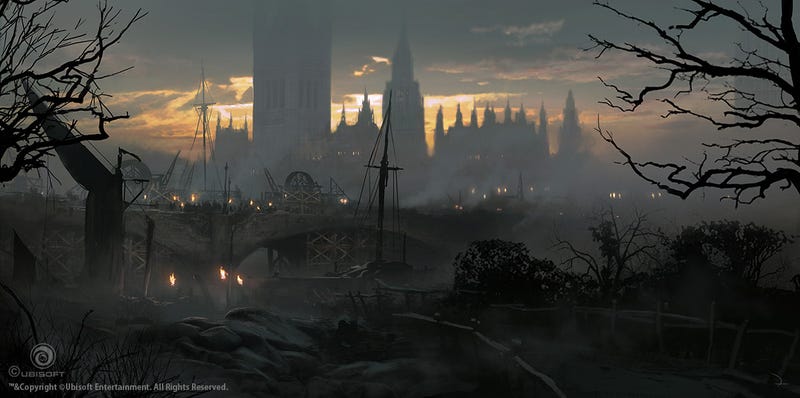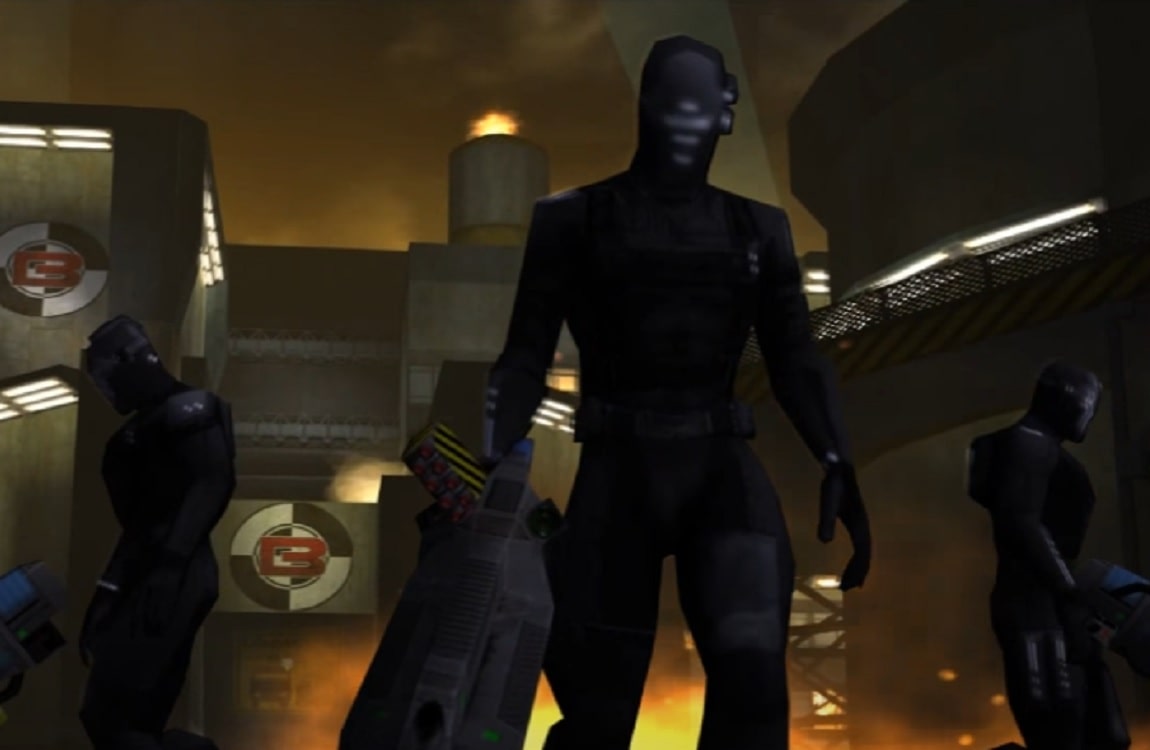

And they were onboarded fairly early in the project we were just off conception, so they could come back with, “OK, I understand the game that we're making.” I think that was really positive, because they got back to their respective studios with a common vision of the game we were crafting. For example, we onboarded most of our partners in November or October of 2018, and we flew the leaders of each of the studios to Montreal for a week of presentations and dinners, balancing between formal and informal moments to just sync together. JL: I think it's a lot of alignment first. When every studio has autonomous control over its own individual part of the game, how do you make sure those puzzle pieces fit when it all comes together? So when I talk about the heading, for me it’s the role of the producer to keep that heading, to remind the team who we’re building this game for, and where we’re heading in terms of an audience and targets. It's all about the collective brains working together towards this goal, and your goal is to reach as many players as you can and deliver an amazing experience for all of them. It was more steering in the right direction, making sure we were keeping our heading.įor me, the role of a producer is, you have to deliver a project, right? That's your job. We were synced on the vision and the objectives, but we tried to give them as much freedom as we could within their turf, their parts of the world.

Beforehand, we defined the approach for co-development on this project with very autonomous mandates for co-dev studios. There was a lot of coordination and making sure everybody was gathering around the vision for the game. I saw my role more as a conductor you know, making sure that everybody was playing on tune, and everything was balanced, and the harmony was there, and it made sense.

We also had a very small co-dev team that was in charge of actually liaising with the 16 other studios, so I had a lot of interaction on a weekly basis with them, and also with the producers in the different studios. I had a team of directors steering the overall vision for the project and keeping in touch with the production in Montreal, which was leading the charge on many of our in-game regions and game systems and so on. Julien Laferrière: On a weekly basis, a lot of was on managing the core team in Montreal. What was the team structure of Assassin’s Creed Valhalla like before the pandemic began? About how many people were you in touch with on, say, a weekly basis? We spoke with Laferrière to find out more about what he and his team learned, and what steps were taken to protect employees while still ensuring that the game shipped as planned. Based at Ubisoft Montreal, Laferrière had worked on four previous Assassin’s Creed games, beginning with Assassin’s Creed II – but Assassin’s Creed Valhalla was his first time overseeing such a massive project, with or without the added challenge of lockdowns. Julien Laferrière, the game’s producer, gave a talk during the 2021 Game Developers Conference (titled “Through the Storm: Shipping Assassin’s Creed Valhalla During a Global Pandemic”) that detailed what the abrupt switch to working from home meant for a project of Assassin’s Creed Valhalla’s scope. Behind the scenes, the game was a massive collaborative effort, with 17 studios around the world working together to bring it to life – and for the final months of its development, those studios had to quickly adapt to working under the conditions of the COVID-19 pandemic. When Assassin’s Creed Valhalla launched in 2020, it quickly became one of Ubisoft’s biggest success stories, smashing sales records and earning praise from critics and players.


 0 kommentar(er)
0 kommentar(er)
